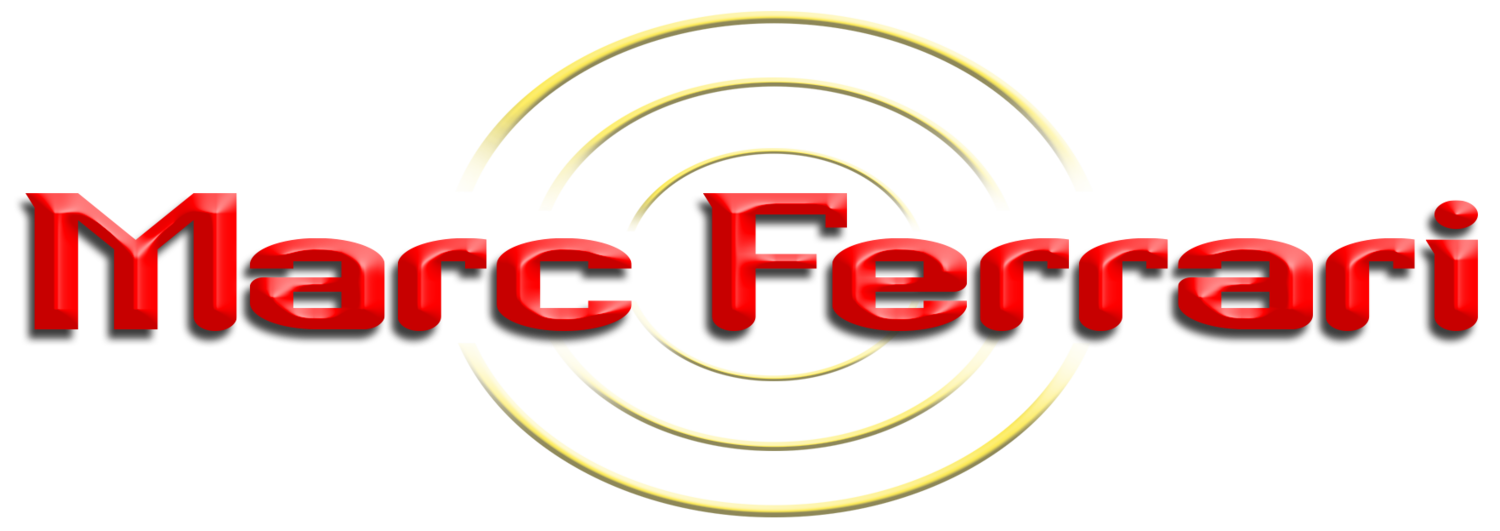“What if I could create music on a large scale that would sound generically similar to the big artists of the day, and make it easier and less expensive for production companies to license it?”
Upon the demise of Cold Sweat in 1991 it became apparent to me that it was going to be difficult to continue playing and touring as I had known it. The grunge movement was in full force and almost overnight the commercial hard rock titans of the 80’s were considered ‘yesterday's news.’ I realized that my chances of getting another record deal in that environment were slim to none.
Around the same period of time I started getting some of my demo recordings used in low-budget movies that friends of mine were working on. These productions had small music budgets so they were ecstatic to save money on ‘big name’ songs. I was able to provide them with great-sounding tracks at a fraction of what they'd typically have to pay the ‘majors.’ Those early placements gave me a few hundred bucks a pop, a screen credit, but more importantly, they gave me an idea; my very own ‘a-ha moment’: What if I could create music on a large scale that would sound generically similar to the big artists of the day, and make it easier and less expensive for production companies to license it?
Out of this idea was the genesis for what became the MasterSource Music Catalog; the production music industry's first song-based music library.
And wouldn't you know it, this was the same period of time where television shows began using popular music as background instead of ‘canned’ music or laugh tracks. Network shows film and frequently air on a weekly basis, so given the volume of programming they were producing and fast turnaround time needed to clear music, MasterSource quickly became the ‘go-to’ library of choice for many of the major TV studios, music supervisors, editors and advertising agencies. My background as a life-long musician was the perfect springboard for me to segue into music production.
I grew the business steadily over the course of the next 15 years and in 2007 I was acquired by Universal Music Publishing. At the time that I sold the business, I owned more than 3,000 compositions/master recordings and had placed songs in several thousand TV shows, films, commercials, video games, promos, trailers, and other applications.


